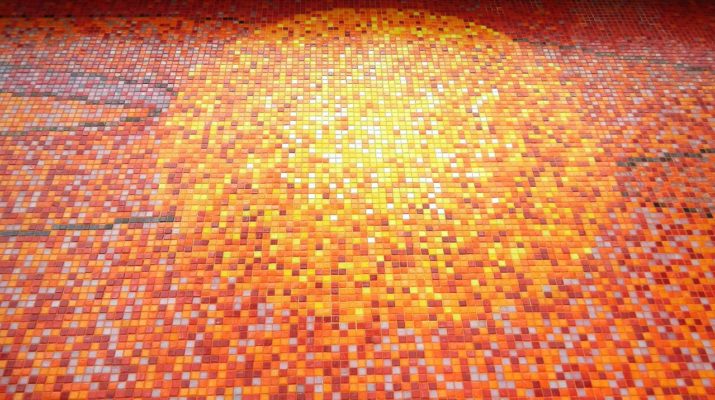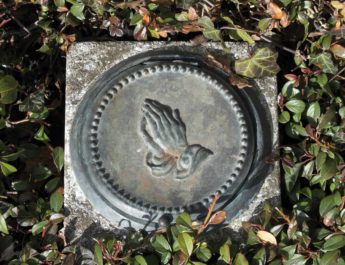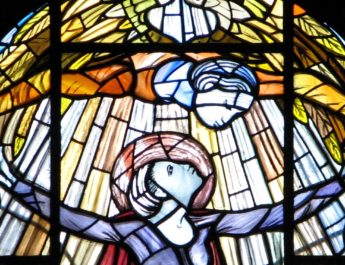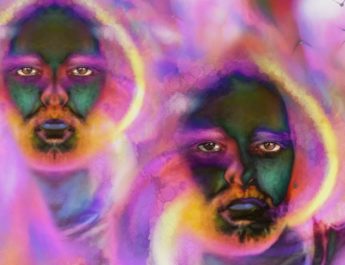Ezekiel 36:24-28
Holy Saturday ABC
24 I will take you from the nations,A and gather you from all the countries, and bring you into your own land.B 25 I will sprinkleC cleanD water upon you, and you shall be cleanE from all your uncleannesses,F and from all your idolsG I will cleanse you.
26 A newH heartI I will give you, and a new spiritJ I will put withinK you; and I will remove from your bodyL the heart of stone and give you a heart of flesh.
27 I will put my spirit within you, and make you followM my statutesN and be carefulO to observe my ordinances.P
28 Then you shall liveQ in the land that I gave to your ancestors;R and you shall be my people,S and I will be your God.T
Image Credit: “Peace-Love” by Ang Pagbabago, 2008.




